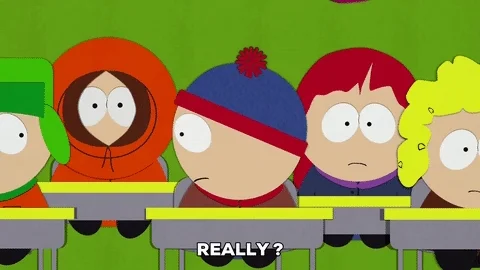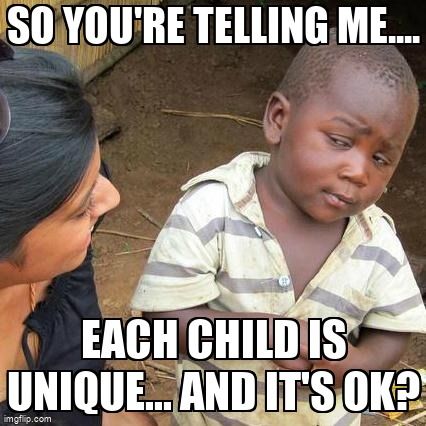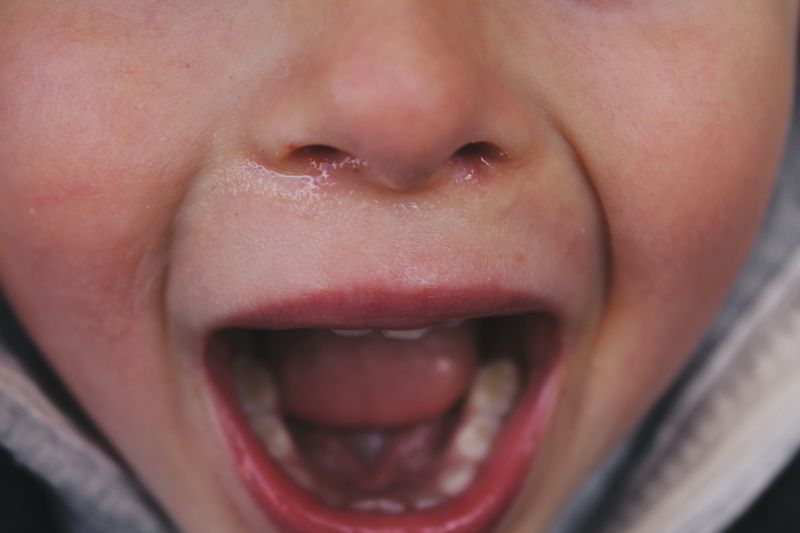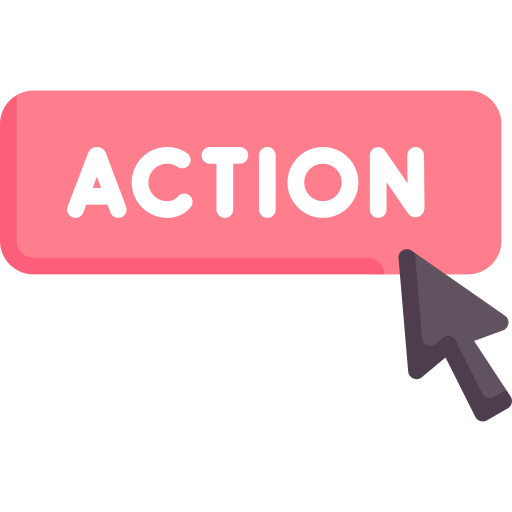
This logo isn't an ad or affiliate link. It's an organization that shares in our mission, and empowered the authors to share their insights in Byte form.
Rumie vets Bytes for compliance with our
Standards.
The organization is responsible for the completeness and reliability of the content.
Learn more
about how Rumie works with partners.
Are you thinking about working with children (as a teacher, psychologist, pediatrician... you name it)? I've worked for almost 10 years teaching very young learners, and I assure you, there are things they don't teach you about kids at university.

Whether you'd like to make working with children a full-time job, or just open to the possibility of making some extra income, these 5 things you should know about kids will help you make up your mind — and even improve your ability to work with children.
1. It's all about the differences
Children are different. They learn in different ways, and what one likes, the other might despise.
Don't expect children to behave in the same way every day, and above all, don't compare them. Just pay attention to each kid individually and try to connect personally with each of them. 
2. Let them be themselves
Children like to be involved in the process of decision-making, and you should let them, as far as possible.
Let them choose games/books/any activities you're currently involved in.
Allow them to be creative and express themselves through dancing, painting, drawing, or writing without much structure.

Read this article to learn more about how to help children make decisions.
Quiz
Which of the following should you NOT say to a child?
By asking them for their help or about their lives, children get involved and feel important. By comparing them to other children, you're not showing you care or letting them express themselves.
3. Show them you care
 Children enjoy being the center of your attention, even the shyest ones.
Children enjoy being the center of your attention, even the shyest ones.
Remember their friends' names or favorite TV shows.
Ask them about their day/weekend.
When working with more than one kid, pay them equal attention and avoid comparing their behavior or work to that of other kids.
Praise them and their work. Say things like: "I love what you did here," or "Your idea/painting/story/etc is very interesting, tell me more!"
Show them love and understanding. Try with phrases like: "I know this is important for you," or "I'm here if you want to tell me more about it."
4. Be patient
At a young age, children are starting to know themselves and their feelings. They need an adult's guidance and help in recognizing strong emotions. Be patient with children, especially during tantrums.
 Photo by Marco Aurélio Conde on Unsplash
Photo by Marco Aurélio Conde on UnsplashBut...what does being patient mean?
Above all, don't get angry at them, and never yellat them. Try to understand why the child is reacting in a certain way, and accompany them in their emotion.
Try putting yourself at the child's height and making eye contact.
If you're interested in children's emotional development, read this paper from Harvard University.
Quiz
Mark, age 3, starts having a tantrum. You're not sure why. What are helpful ways to react? Select all that apply:
If you walk away from a child having a tantrum, they'll feel lonely and misunderstood. The same happens if you shout. Try asking them what the problem is, and help them identify how they feel. This will help them match their reactions to a certain feeling: "Are you upset? Sad? Angry?"
Did you know?
There are roughly 3 major emotional stages in childhood development:
1. noticing emotions (birth to 1 year old)
2. expressing emotions (2 to 3 years old)
3. managing emotions (3 to 5 years old)
Learn more about these stages from this Rasmussen University article.
5. Plan ahead based on children's attention span
Kids have a much shorter attention span than adults. In my time as a kindergarten teacher, I always kept extra resources in my bag, in case they got bored too soon.
Remember other factors may be important, such as if the child has slept or eaten well.
 Photo by Markus Spiske on Unsplash
Photo by Markus Spiske on UnsplashWhat should you expect?
There are different opinions, and as every child is unique, there might be differences. But in general, here's what to expect:
2 years: 4–6 minutes
4 years: 8–12 minutes
6 years: 12–18 minutes
8 years: 16–24 minutes
10 years: 20–30 minutes
Take this information into account when preparing an activity with a child. Don't expect a lot more, and let them surprise you for the best if they engage longer than expected. 🤗
Take Action
 Picture yourself in your prospective role working with children (as teacher, psychologist, doctor, etc.). Think about the following questions.
Picture yourself in your prospective role working with children (as teacher, psychologist, doctor, etc.). Think about the following questions.
This Byte has been authored by
Victoria González
Language teacher and Trainer
MA